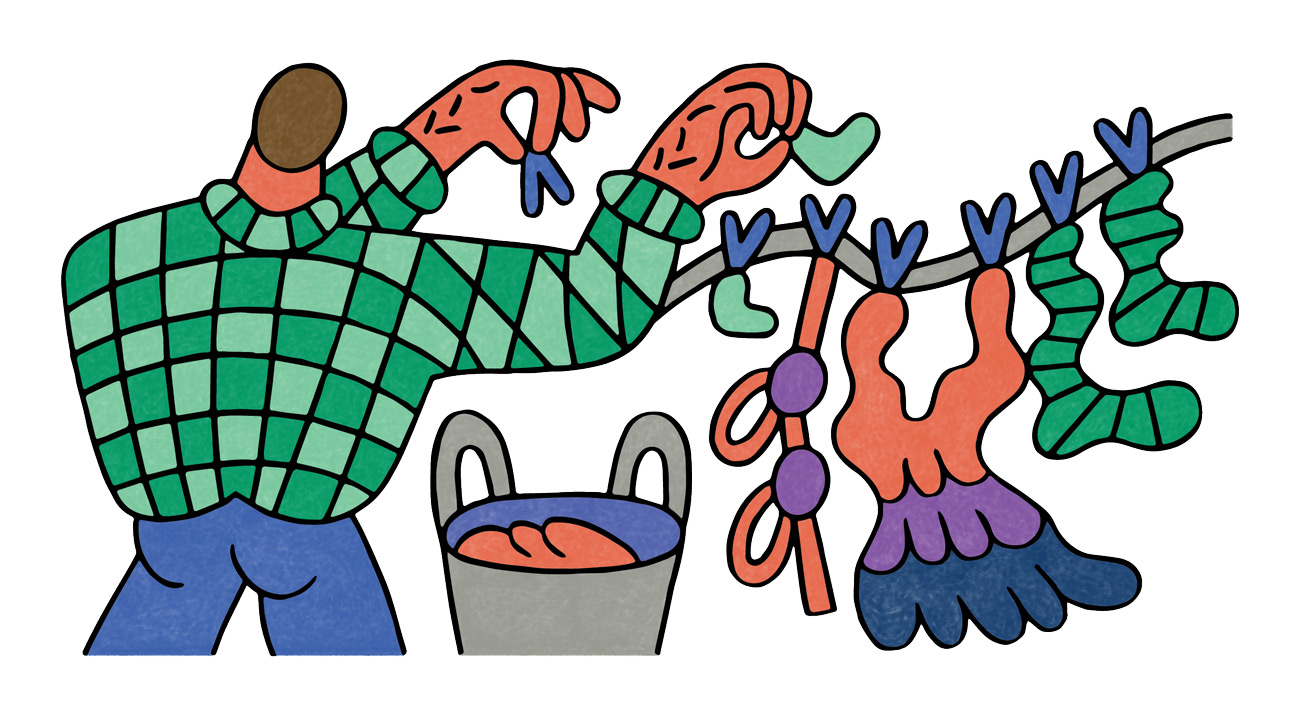Our responsibility

As I am writing this column on the eve of the day in favour of women’s rights, I have some thoughts. There is no doubt that there has been progress (the latter may be the decision of the French Government to introduce abortion into the Constitution), but we also have to worry, as Simone de Beauvoir said, that in times of crisis it is the dretxos of women who are first attacked. In children's classes, it is obvious that students have internalized a discourse of politically correct equality. In Bizkitarte, along with the churches, the behaviors have not changed radically in the air intake time: the children occupy two-thirds of the area, with football or ball, while the girls are dedicated to jumping the rope in the shelter. It is true, however, that there are girls who dare to walk with the boys, the opposite is more difficult. In an experimental session, a teacher I know, a child wrote, "It's harder to be a child than before." This report can be considered in two ways: it is increasingly expensive to show men their oppressive masculinity, which is a good sign; or it is not easy to accept a trajectory outside the virility clichés, when you are a child or a man. In fact, I find it more troubling than a girl who is going to jump the rope, who is going to spread the churiquettes, than crying, than a girl who is cutting wood or changing the clutch, than a woman who is not going to show sensitivity.
The latest general data point to an increase in sexism, especially in young people. According to the report of the French Higher Commission on Equality of Women and Men of 22 January 2024, machismo is being strengthened: passivity, hatred and denial of women’s freedom are on the rise. What to do? The report responds to the need to better educate families, regulate the presence of women and punish unsustainable behaviour. A challenge, of course, for public structures and for each of us.
We are moving away from the usual debate on inclusive writing: literature allows Kim de l’Horizon to imagine the solution
I find it exemplary, for example, a queer novel awarded by Germany with the prestigious Deutscher Buchpreis prize of 2022, Kim de l’Horizonen Blutbuch. In this work, the author performs the female genealogy of his family, exalting his grandmother, continuously comparing it with the marine fluid. The writer invents a surprising language, using a code to mark the neutral genre, in a striking innovative style. We are moving away from the usual debate on inclusive writing: literature allows Kim de l’Horizon to imagine the solution. “Nehoiz will not give the Goncourt Prize to such a brave man!”, said the French critic, who had worked to pay tribute to Annie Ernaux, Nobel Laureate. That not all institutions assume their responsibilities…
On the other hand, individual responsibility in the defense of wives has encouraged the writer Bea Salaberri to publish her novel Mesfida zaitez, in the editorial Txalaparta. In this domestica epopeya, which has matured for about ten years, it gives prominence to wives who have not had visibility, that is, who committed themselves to helping ETA, in Iparralde, to bring out the partner organizations, in the greatest silence. As the book came out on 6 March in the official presentation at the Mint library of Ortzaiz, I have not read it, and in any case, the good dialogues I could say about my friend’s work would be suspicious – because my friend’s work can be criticised…. I do not doubt, however, that you are going to read that novel, and that you will enjoy it even if you are not friends with the author, because it sets our nearest story in a collective memory beyond genres.
Bidali zure iritzi artikuluak iritzia@argia.eus helbide elektronikora
ARGIAk ez du zertan bat etorri artikuluen edukiarekin. Idatzien gehienezko luzera 4.500 karakterekoa da (espazioak barne). Idazkera aldetik gutxieneko zuzentasun bat beharrezkoa da: batetik, ARGIAk ezin du hartu zuzenketa sakona egiteko lanik; bestetik, egitekotan edukia nahi gabe aldatzeko arriskua dago. ARGIAk azaleko zuzenketak edo moldaketak egingo dizkie artikuluei, behar izanez gero.
I don't want my daughter disguising herself as a Gypsy in the caldereros. I don’t want Gypsy children at my daughter’s school to dress up as Gypsies in caldereros. Because being a gypsy is not a disguise. Because being a gypsy is not a party that takes place once a year, with... [+]
The road goes by steps, and I learned a little while ago that it seems to have already begun. But people also want to learn to fill that sentence with content. Alone we could achieve little, maybe even resignation as soon as we started. Gathering huge crowds can also complicate... [+]
Ez zuen egoki jokatu, neurriak hartu behar ziren, bestela, ez dugu ikasten. Itxuraz, ez zen ohartzen egindakoaren inpaktuaz, normal jarraitzen zuen, batzuetan, ingurukoek baino itxura zoriontsuagoz. Gainera, altuegi hitz egiten du, hori ez zaio inori gustatzen. Darabiltzan... [+]
The Department of Education doesn't understand why public employees have gone on strike. He's got to ask the LAB Syndicate. This union signed an agreement with the department in April 2023. Two years later they have also called for a strike because, unlike the previous ones, the... [+]
Erretiratu berri den lankide-ohi baten omenez, Historiako irakaslea. Bejondeizula!
Hezkuntza-legeek azpimarratzen dute zein garrantzitsua den ikasleengan pentsamendu kritikoa sustatzea. Baina irakasle-klaustroak, garai batean ideien eztabaidarako eta proposamenak... [+]
The liberal democracy of the Western countries has a growing appearance of a minimalist democracy. At the heart of the definition would be respect for changes in government through elections. The authoritarian variant of this was called competitive authoritarianism by political... [+]
Zutabe hau idazten nengoela, gaia aldatu behar izan dut, nire arreta osoa harrapatu dutelako Trumpen muga-zergek. Azalpen gutxi beharko duzue, leku guztietan da berria, Txinako produktuei %10eko zerga eta Kanadako eta Mexikoko produktuei %25eko muga-zergak jarri dizkie. Trumpek... [+]
This wedge that the announcement on the radio Euskadi to replace the bathtub with a shower encourages the commencement of the works in the bathroom of the house. A simple work, a small investiture and a great change are announced. There has been a shift in toilet trends and a... [+]
The year 2025 will lead to a general policy of establishing shorter working weeks, bringing low costs for new hires for companies and an effective direction of change in labour relations.
With the aim of complying with the Spanish government agreement, the reform to shorten the... [+]
I received your e-mail in personal mail on the strike portals. At first, like many others, I thought it was to let you know what options we have in the face of the strike. But no, the e-mail received was a political and communicative movement against the strike.
I will confess... [+]
This weekend I've been thinking about the word 'aesthetic' in relation to a phrase said by a friend: “This work is aesthetic.” I have studied the etymology of the word aesthetic, it seems that its meaning was originally perceived through the senses, and it was later associated... [+]
The other day in Bilbao, I met a friend at the Bira bar. We were very happy at the Tar and I said: “Of course, since you’re Guipúzcoa, hahahaha.” And he insisted that he was not Guipuzcoan. Without me understanding it, I kept saying, “Ah! Is it not? You were born in New... [+]























